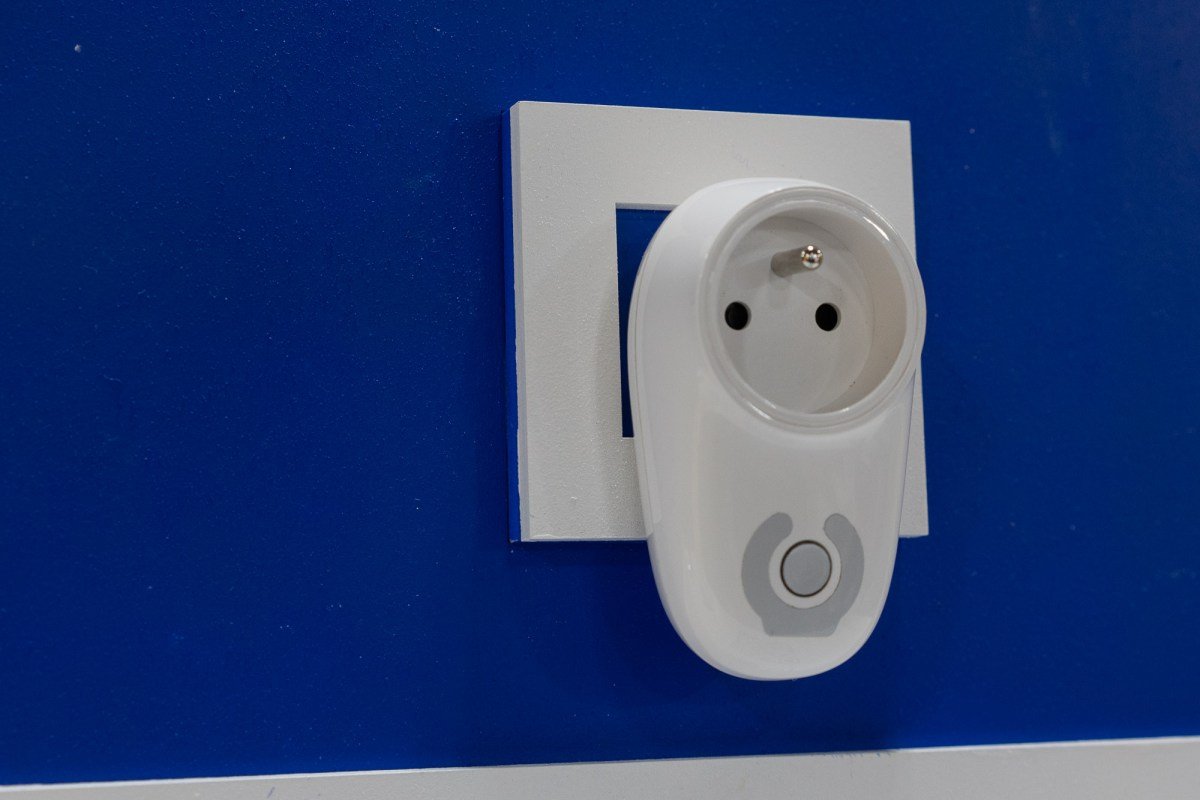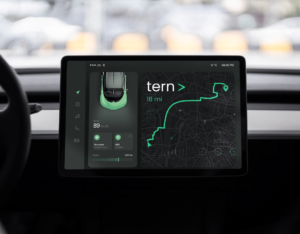Fall detection and autonomy for the elderly takes center stage at CES in Las Vegas this year. Cherish Health has unveiled their latest innovation, the Serenity appliance, priced at $300. This groundbreaking device utilizes radar technology to provide comprehensive fall detection coverage throughout an entire house.
Meanwhile, Zoe Care has taken a different approach with their solution. By harnessing the power of existing Wi-Fi signals, this company is able to detect human presence and activities by tracking changes in Wi-Fi reception.
This approach offers a non-intrusive and sophisticated solution to the issues of privacy and ease of use that often trouble traditional remote monitoring technologies. The device also serves as a smart plug, as it utilizes a sensor to collect and analyze Wi-Fi signals. If a fall is detected, these signals are translated into alerts on a mobile application, providing a seamless monitoring experience for caregivers.
With a range of up to 800 sq. ft., just one Serenity device can secure multiple rooms or even an entire floor, making it a highly efficient and cost-effective solution.
“We are currently beta testing with nursing homes, and plan to release a consumer version by the end of the year. The fall detector will be offered as a subscription service for $20-25 per month in the US,” says Piotr Antonik, co-founder and CTO of Zoe Care.
Zoe Care gave a brief demonstration of their technology:
“Zoe Fall is a manifestation of our mission to help the elderly maintain their independence. Our innovative Wi-Fi-based fall detection solution prioritizes privacy and offers peace of mind for millions of senior citizens,” explains Thomas Saphir, co-founder and CEO of Zoe Care. “We firmly believe that this technology has the potential to revolutionize elder care.”
What sets Zoe Fall apart from other solutions is its ability to operate without the need for significant computational power or cloud processing. This is due to the fact that Zoe Fall’s algorithm is embedded directly within the Wi-Fi receiver, ensuring total privacy for users. The company also claims that their technology outperforms competing solutions, making it an ideal option for caregivers who value both efficiency and privacy.
“Our technology focuses on the shape of the Wi-Fi wave, rather than its content. No information is transmitted to the cloud. The only output is an alert message sent to caregivers or relatives when a fall is detected,” Antonik states. “We plan to expand our Wi-Fi sensing technology to remote patient monitoring, with the goal of analyzing chronic diseases and providing monthly health reports to monitor conditions such as heart disease.”
Deploying Zoe Fall is a straightforward process. The device captures Wi-Fi waves emitted by an existing internet box or router, and the AI within the sensor analyzes variations in these waves to detect movements and falls. If a fall is detected, an alert is immediately sent to the smartphone of a caregiver or relative.
With a subscription cost of $20-30 per month and no upfront expenses, Zoe Care offers a cost-efficient solution for care homes. This powerful tool provides peace of mind for caregivers, ensuring that if someone falls, help can quickly come to their aid.








